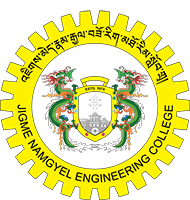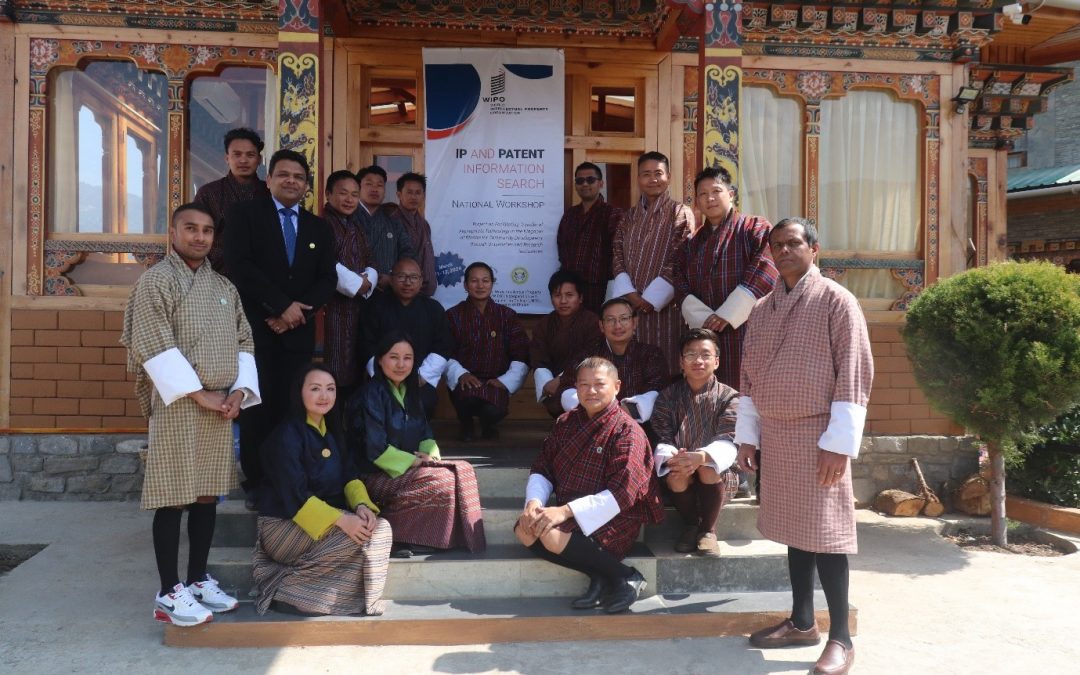Jigme Namgyel Engineering College (JNEC) in collaboration with the World Intellectual Property Organization (WIPO) has conducted the first Capacity Building Workshop on “IP and Patent Information Search Process” from 11th – 12th March 2024 at Lhayhuel Resort & Spa, Paro, funded by WIPO and co-funded by JNEC. The capacity workshop is a part of the Project on Facilitating Transfer of Appropriate Technology in the Kingdom of Bhutan for Community Development through Universities and Research Institutions.
Mr. Gaurav Jain, an international expert on the IP and Patent Information Search Process, facilitated the workshop. A total of 18 participants from sister colleges of the Royal University of Bhutan (RUB), Khesar Gyalpo University of Medical Sciences of Bhutan (KGUMSB), Department of Intellectual Property (Ministry of Energy and Natural Resources, and national expert Dr. Tshering Cigay Dorji took part in the workshop.
The participants were introduced to the significance of intellectual property rights and patents, elucidating their role in safeguarding innovations and fostering economic growth. Participants gained a deeper understanding of the legal framework surrounding patents and their importance in the innovation ecosystem.
A significant emphasis was placed on various search strategies tailored for IP and patent information retrieval. Participants learned about the efficacy of keyword searching, Boolean logic, and advanced strategies such as classification searching and citation analysis to refine search queries effectively.
An extensive exploration of prominent patent databases, including Patentscope, USPTO, Espacenet, and regional databases, equipped participants with the skills to navigate these platforms proficiently. The hands-on exercises enabled participants to perform advanced search functionalities to uncover relevant patents across different jurisdictions.
A critical component of the workshop focused on honing participants’ abilities to analyse patent documents effectively. Through practical exercises, participants gained proficiency in deciphering patent claims, identifying key concepts, and evaluating the novelty and relevance of patents within specific technological domains.
Interactive case studies and practical exercises simulated real-world scenarios, providing participants with invaluable opportunities to apply theoretical concepts and methodologies learned during the workshop. These activities reinforced their understanding and competency in IP and patent searching.
The workshop concluded with a comprehensive discussion on best practices and expert tips for conducting successful IP and patent searches. Participants received guidance on maintaining thorough documentation, critically evaluating search results and staying updated on emerging trends and developments in the field of intellectual property.
The second workshop will take place in Phuntsholing from 15th – 16th April 2024.

